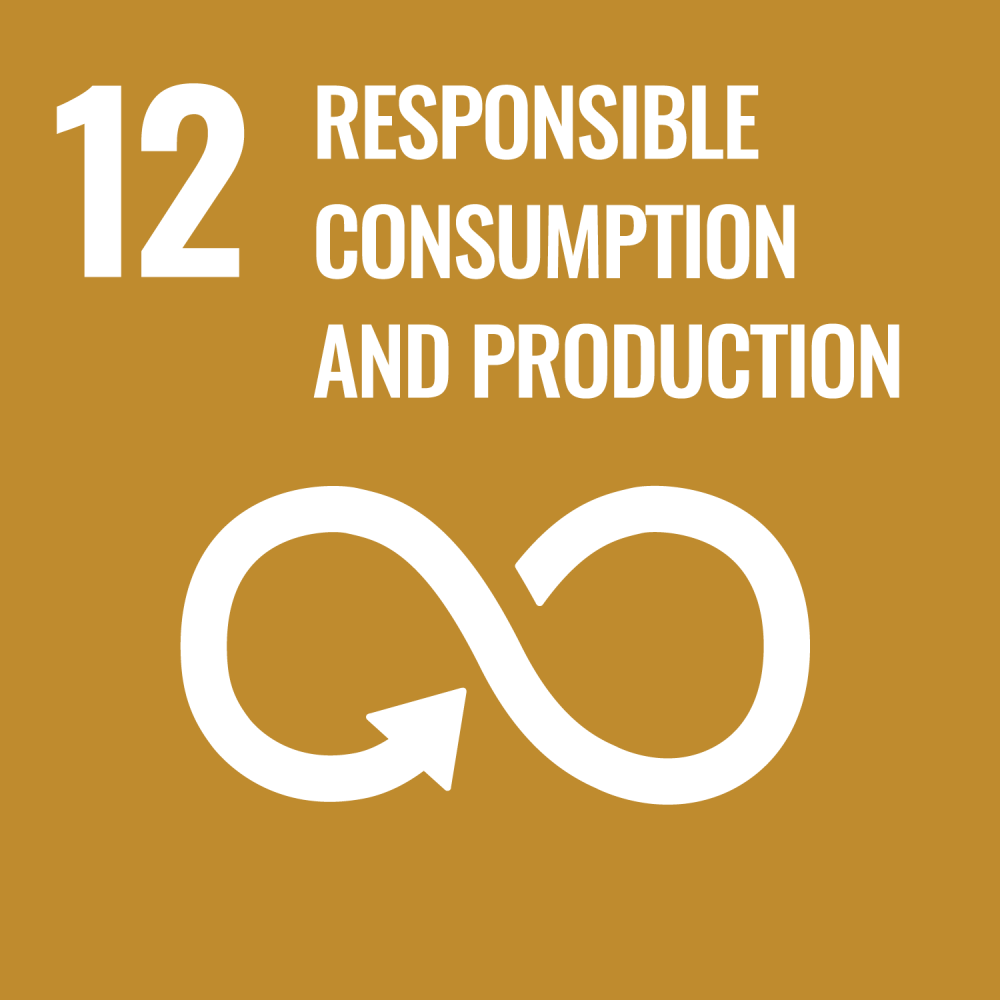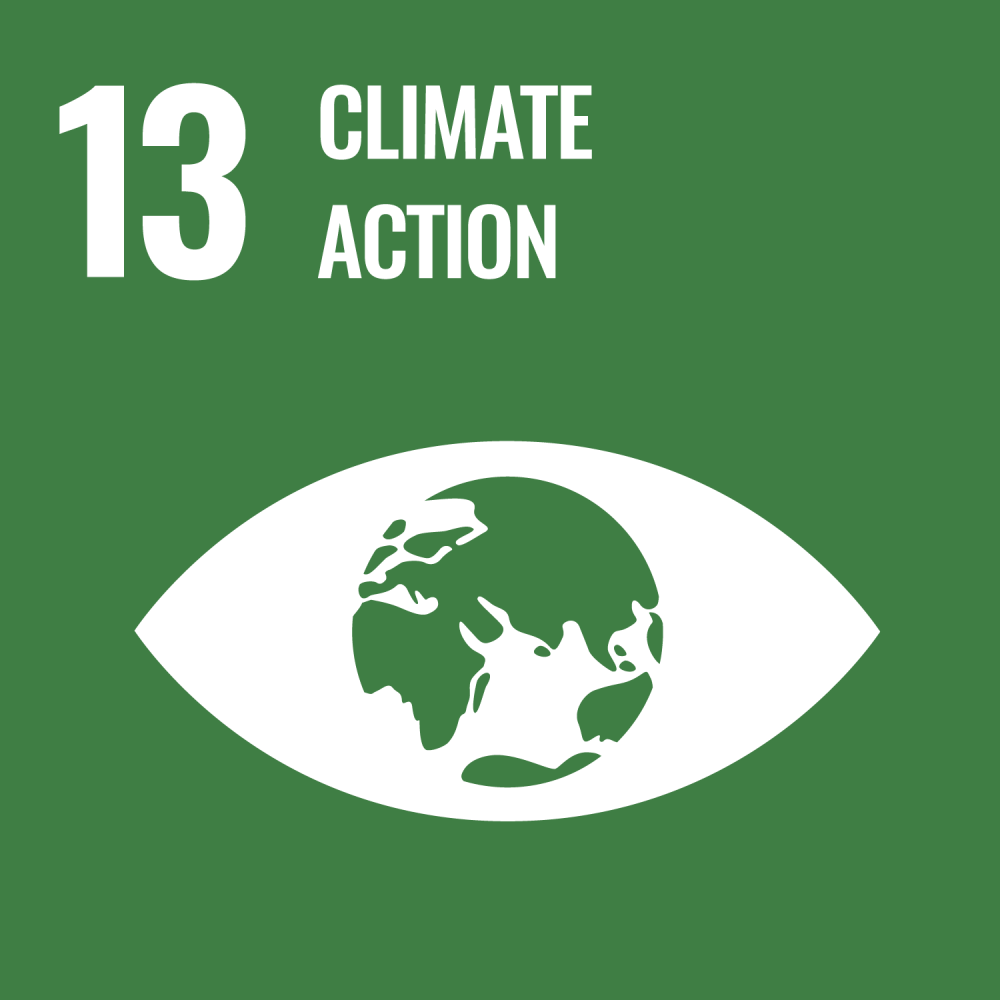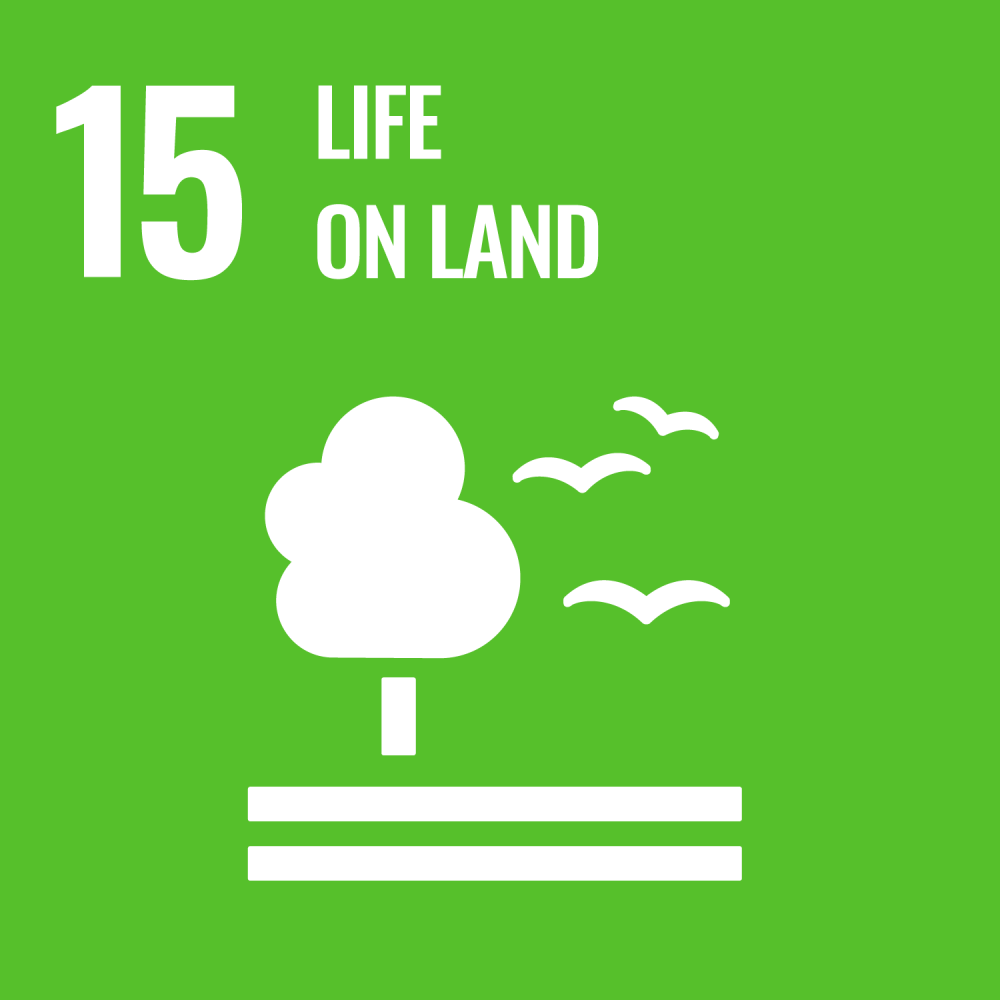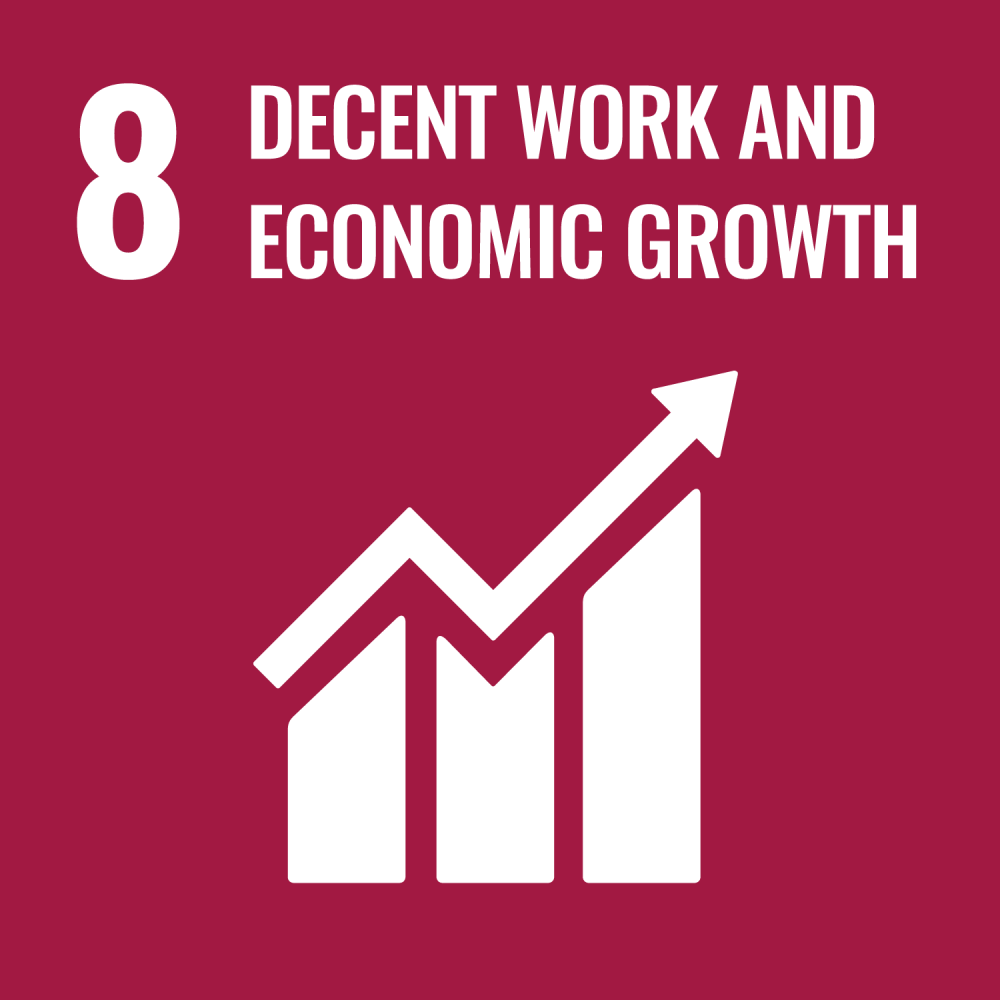SEFARI Gateway Fellowships are bespoke opportunities co-constructed with key partners to deliver solutions to priority needs that also meet Scottish Government National Outcomes and aligned United Nations Sustainable Development Goals.
Information on our previous fellowships is available on the following page.
|
|
|
Lead: Mike Rivington, James Hutton Institute Stakeholders: Scottish Government: Rural & Environment Science & Analytical Services (RESAS) |
|
|
This project supports the development of an annual prediction model to estimate the yields and locations of high-profile crops across Scotland. It investigates novel methods and transforms how national statistics for key crops are developed while providing insight into Scottish crop production capability and values. |
|
|
|
|
Evidence review of Scotland’s food and drink industry's transition to net zero transition |
|
Lead: Gary White, Rowett Institute Stakeholders: Scotland ood and Drink partnership and Net Zero Task Force |
|
This project reviews research across the Strategic Research Portfolio 2016-2022 and identifies prior Scotland food and drink sector industry and academic reports for achieving net zero. It providex a vital platform of current understanding for the sector and produce recommendations that can feed into the action plan for delivering on the Scotland Food and Drink Partnership: Net Zero Commitment, helping to define priorities for the Task Force. |
|
|
|
Exploring patially referenced data collected by the Farm Business Survey |
|
Lead: Tarek Soliman, SRUC Stakeholder: Scottish Government: Rural & Environment Science & Analytical Services (RESAS) |
|
This fellowship explores improvements in the evaluation of land based policies or related activities and decision-making using environmental data collected by the Farm Business Survey (FBS) in Scotland. In so doing, this Fellowship supports the Scottish Government in developing improved evaluation of environmental variables from the FBS; enhancing reporting through the design of an Experimental Official Statistics publication; identifying and contributing further analysis and applications of the data; and, identifying and contributing to the design of improvements to data collection. |
|
|
|
Evidencing progress towards achieving the outcomes of the Cairngorms 2030 programme |
|
Lead: Zoe Russell, Centre for Mountain Studies, University of Highlands and Islands Stakeholders: Cairngorms National Park Authority (CNPA) |
|
The purpose of this project is to share the journey of the Cairngorms 2030 programme: the knowledge gained, change achieved, and lessons learnt, allowing the CNPA to reflect on and improve its approaches throughout and beyond the lifetime of the programme. The intended outcome is the recommendation of a set of indicators, and associated data collection/analysis methodologies, to demonstrate progress towards achieving the outcomes of the Cairngorms 2030 programme, and the outcomes of the National Lottery Heritage Fund. These recommendations will inform the development of a Monitoring and Evaluation Plan. |
|
|



